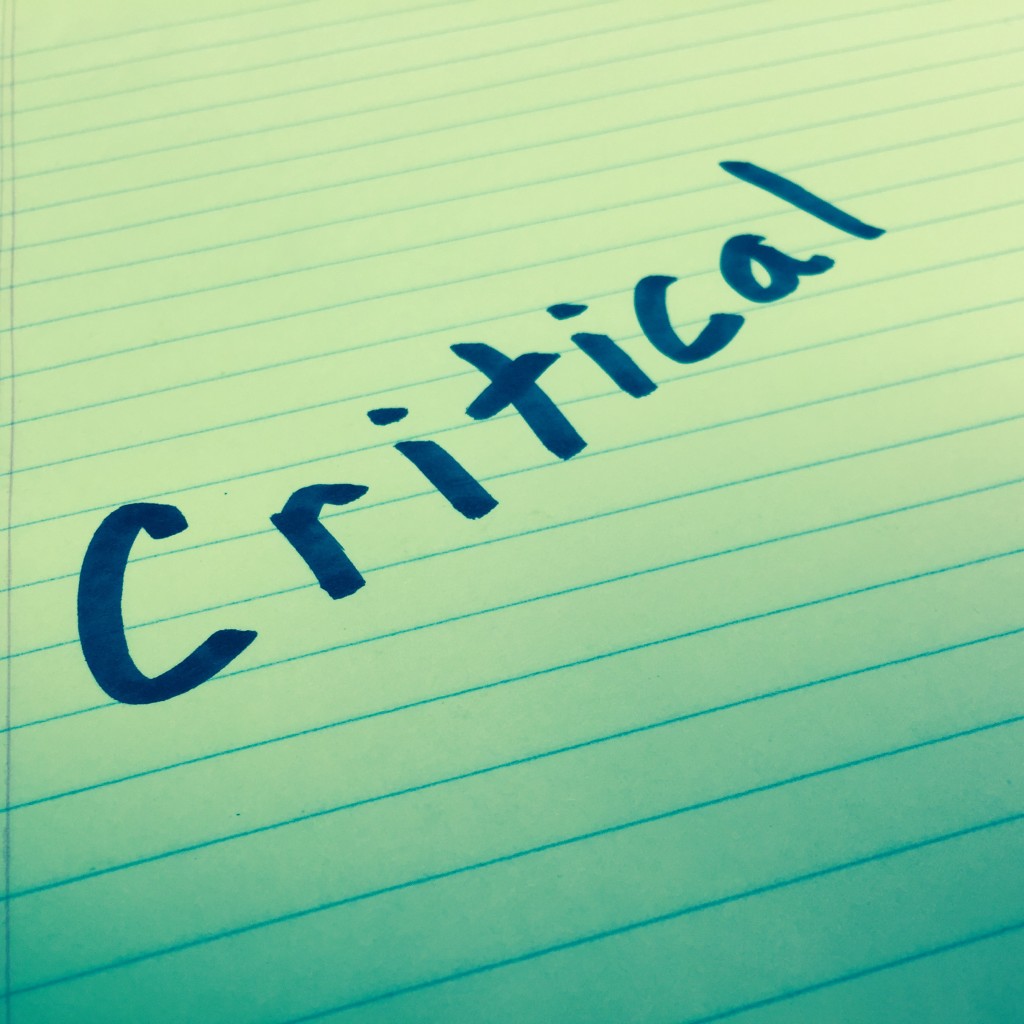We are saturated with a lack of critical thinking in our culture. The lack of critical thinking and engagement leads people to rush to conclusions, avoid real conversation, and to demonize those with whom they disagreee. Lack of critical thinking also leads to a lack of discernment.
For most people critical thinking is not a natural habit because critical thinking forces us to often think about others and their points of view before we consider our own. Critical thinking requires us to delay judgement and to carefully weigh our own words and decisions.
Because critical thinking is unnatural, it requires discipline and cultivation. Here are several steps I take regularly to cultivate critical thinking in my own life.
- Read widely. When I read the ideas and careful thoughts of others, I am forced to wrestle with their positions. I interact with books as I read them with a pencil in hand (Ticonderoga, of course) and then I write reviews of many of them to help me further contemplate their concepts.
- Turn off electronics. Nothing gets in the way of critical thinking faster than the constant distraction of my phone, computer, iPad, and TV. If I want to critically engage with something and learn to think more carefully, I have to get away from distractions. Sometimes that means going for a run or a walk, sometimes just putting everything in another room or out of my reach so that I can sit down with pen or pencil and paper and work through sermons, scripture, or other ideas and plans.
- Think through hard things. Sometimes I wrestle with a book or an idea that is completely over my head. I need to be reminded that I’m not the smartest man on the planet. I don’t know everything. The more aware I am of my own limitations, the more inclined I am to think critically about the thoughts and ideas of others and to more carefully weigh my own thoughts and intentions.
- Write it out. Yes, typing or writing out our thoughts and plans longhand is time-consuming, but when I write it I have to think about each word, each syllable, each punctuation mark. As I write, edit, and re-write concepts they grow in clarity and impact. Sometimes as I write them I discover how good my ideas are. Often, however, as I write out my ideas and thoughts I discover that they are riddled with holes.
- Talk it over. Do you have people in your life that you can have serious conversations with? People who are interested in something other than facebook gossip and People magazine? If you don’t, then you need to find some. Ask them hard questions and invite them to do the same to you. Wrestle through Scripture and politics and cultural issues. Ask for their advice on your decisions for your family or your church or your personal life.
- Let it season. This is one of my greatest struggles. I am impatient. When I arrive at a decision, I want to act on it, but often I need to wait. I need to let my emotions settle. I need to pray through the decision and look to the scriptures to direct me. You need to let your decisions and thoughts season as well. The 24/7 news cycle leads us to believe that we need to resopnd to everything right now. Hold off on that tweet. Wait for more facts to surface or for your emotions to calm down.
Critical thinking is an important discipline for Christians (and everyone else). Our churches and our culture will be strengthened if our people are more willing to think critically. What steps do you take to cultivate critical thinking in your life?


